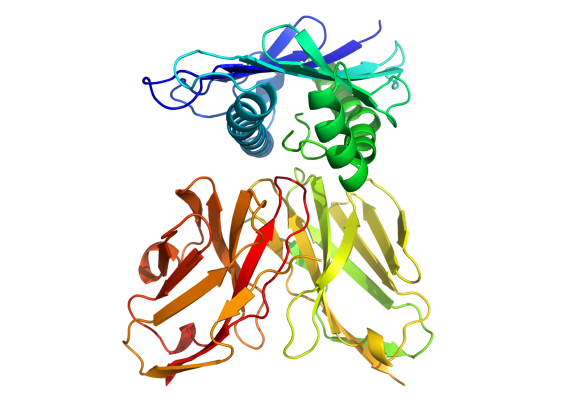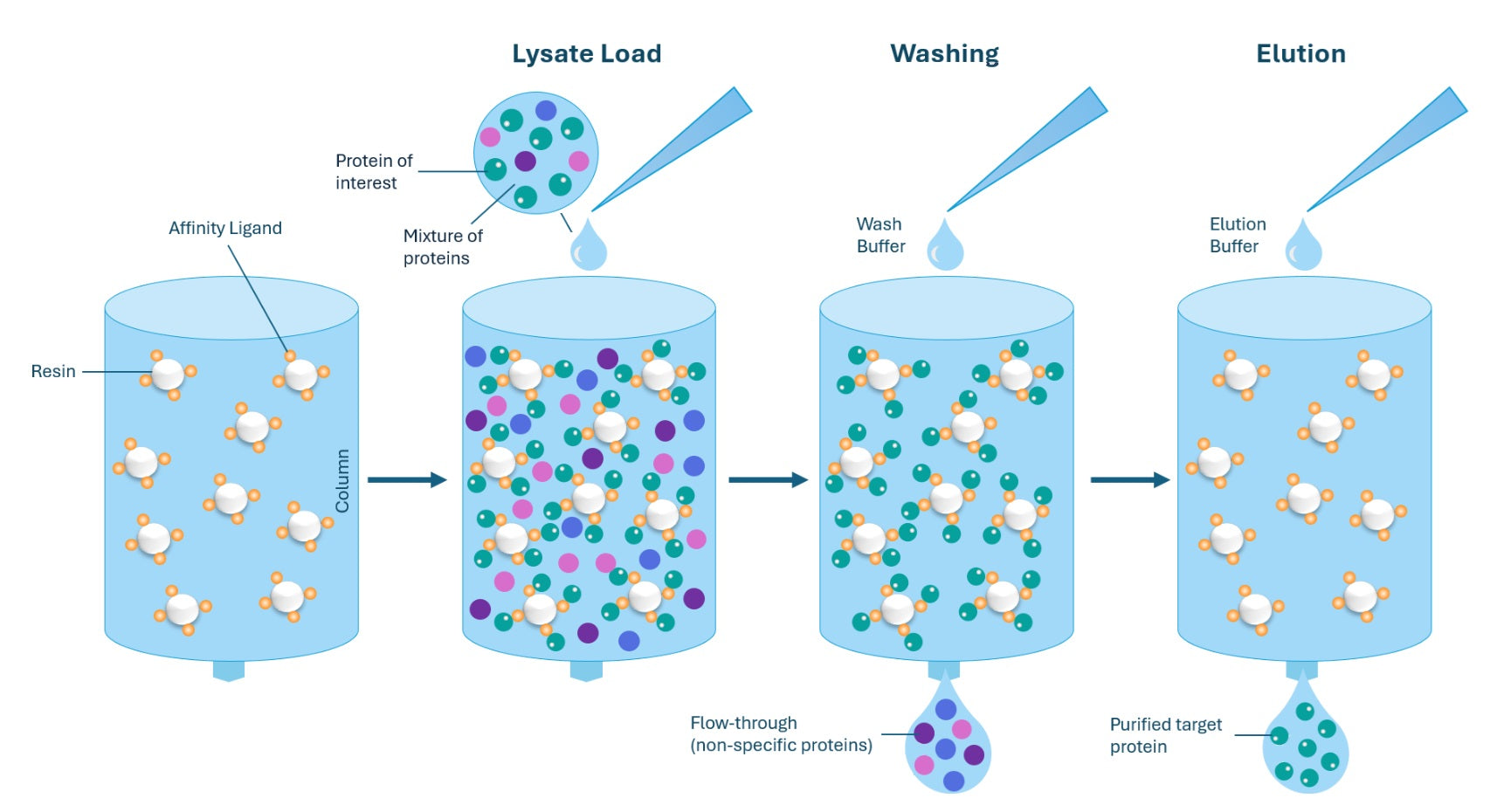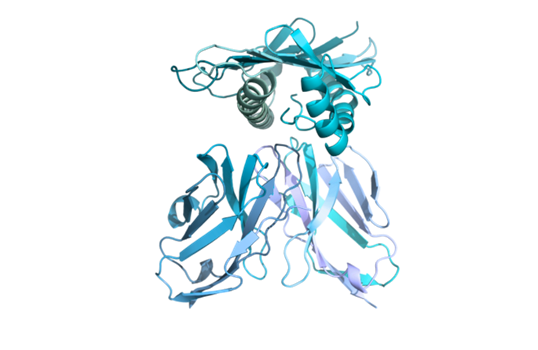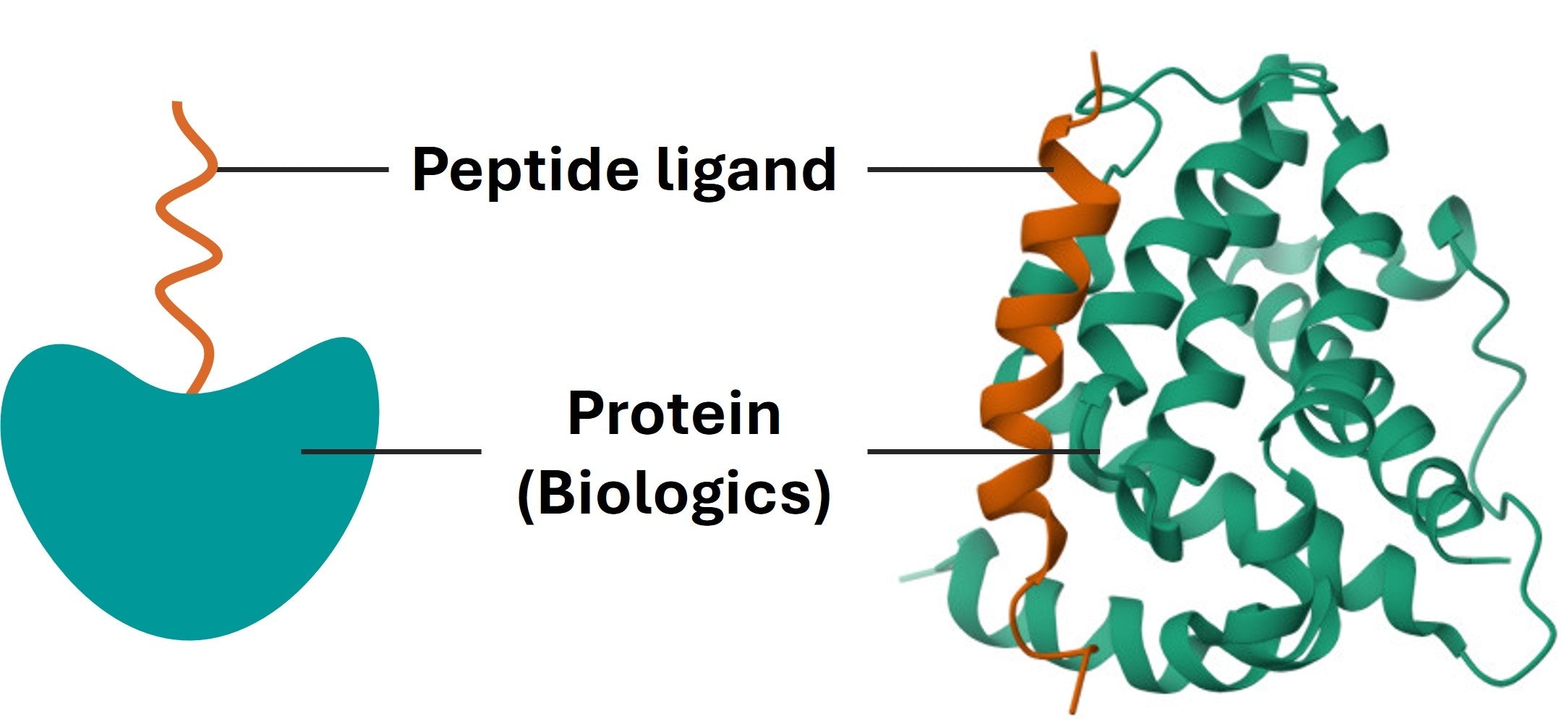Novel Peptide Ligand

What is Peptide Ligand Affinity Chromatography?

What is the Novel Peptide Ligand Technology for Therapeutic Antibody and Protein Purification?

Innovative Solutions for Purification of Biologics with Peptide Ligands

Peptide Ligands for Affinity Chromatography – Precise Binding. Proven Performance.
Engineered Peptides for Selective and Efficient Biomolecule Capture
Serox GmbH is your specialized partner for the development and production of synthetic peptide ligands used in affinity purification. Our custom-designed peptides enable highly specific binding, excellent reproducibility, and scalable manufacturing – ideal for biopharmaceutical downstream processing and research applications.
Applications & Advantages
- Targeted Binding – Tailored to specific proteins, antibodies, or receptors
- Antibody-Free – Alternative to biological ligands (e.g., protein A/G)
- High Stability – Resistant to pH shifts and regeneration conditions
- Reusable – Efficient over multiple cycles
- Versatile Use – Suitable for column chromatography, beads, and membranes
Custom Ligand Development Workflow
- Target Analysis – Identify epitope or binding domain
- Peptide Design – In silico prediction + motif screening
- Synthesis & Purification – Up to >98% purity
- Functionalization – Coupling to resin or solid phase
- Validation – Binding assays and application support
Why Choose Synthetic Peptide Ligands?
- Chemically defined – Batch consistency, no animal origin
- Scalable production – Ideal for industrial applications
- Stable & robust – Withstands cleaning/regeneration cycles
- Cost-effective – Lower long-term cost vs. antibodies
- Fully customizable – Sequence, spacer, immobilization method
Use Cases & Target Areas
- Affinity purification of monoclonal antibodies (mAbs)
- Isolation of viral particles or exosomes
- Protein complex capture
- Biomarker enrichment from serum or lysates
Let’s Develop Your Ligand
Whether you need a peptide ligand for a novel therapeutic protein or wish to replace expensive biological ligands – Serox GmbH supports your project from feasibility to final implementation.
Contact us for a free initial consultation:
Email: inquiry@serox.com | Phone: +49 (0)621 789 588 33
Typical delivery time: 3–5 weeks from project start
GMP-compliant options available
Take Your Purification to the Next Level
With custom peptide ligands from Serox GmbH, you gain full control, high selectivity, and consistent performance – designed and produced in Germany.
